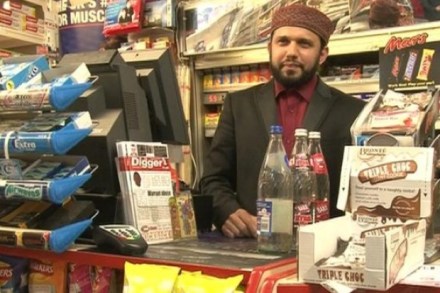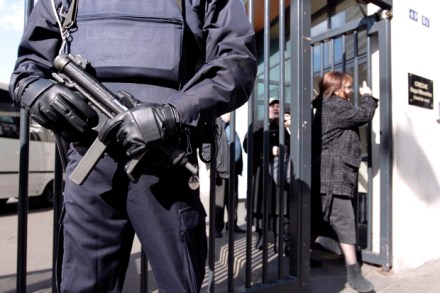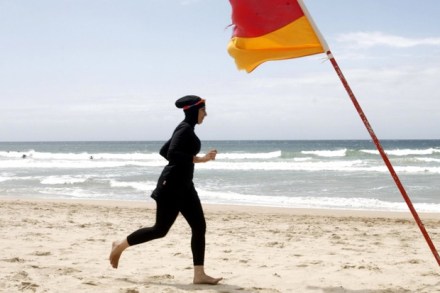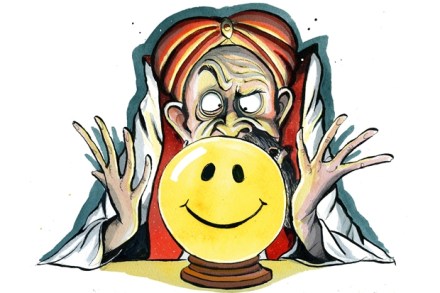Why does Justin Welby want us to understand jihadis?
Hallelujah, everybody. The Archbishop of Canterbury has been pontificating again. Justin Welby says we must try to understand radical Islam a little better. He explained last week, with great patience, that the jihadis think they’re in an end-time war against Christians and Jews, so killing them is exactly what they expect to happen. It sort of proves them right and makes them happy, he argued. Well, thank you for that, Justin. And now we’ve understood this crucial point, what approach should we take to them henceforth? Invite them round for a fondu party and a game of Twister? Justin doesn’t say. It does rather seem to me that if killing



















